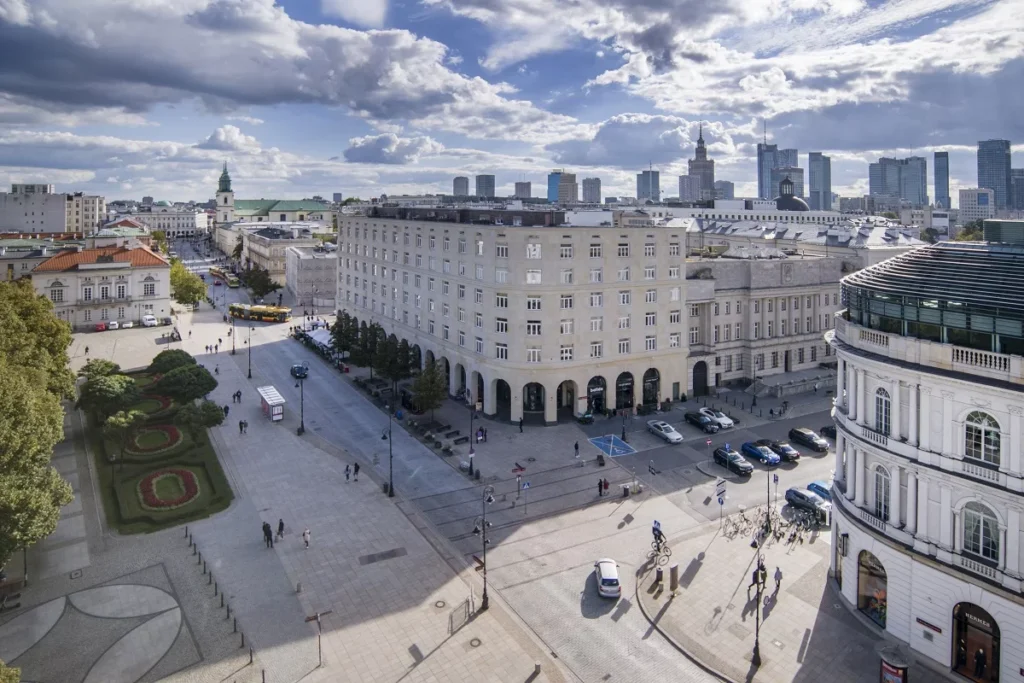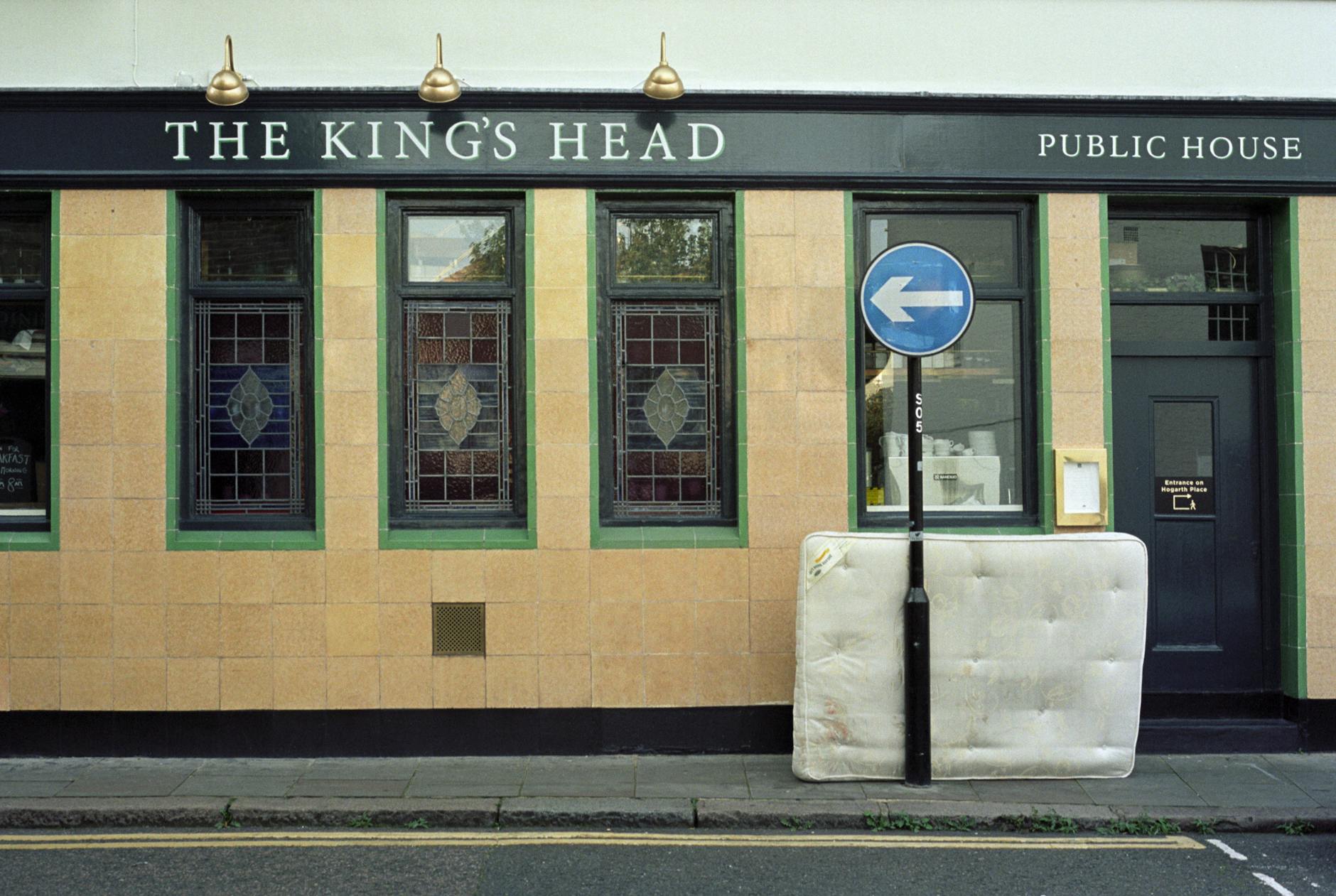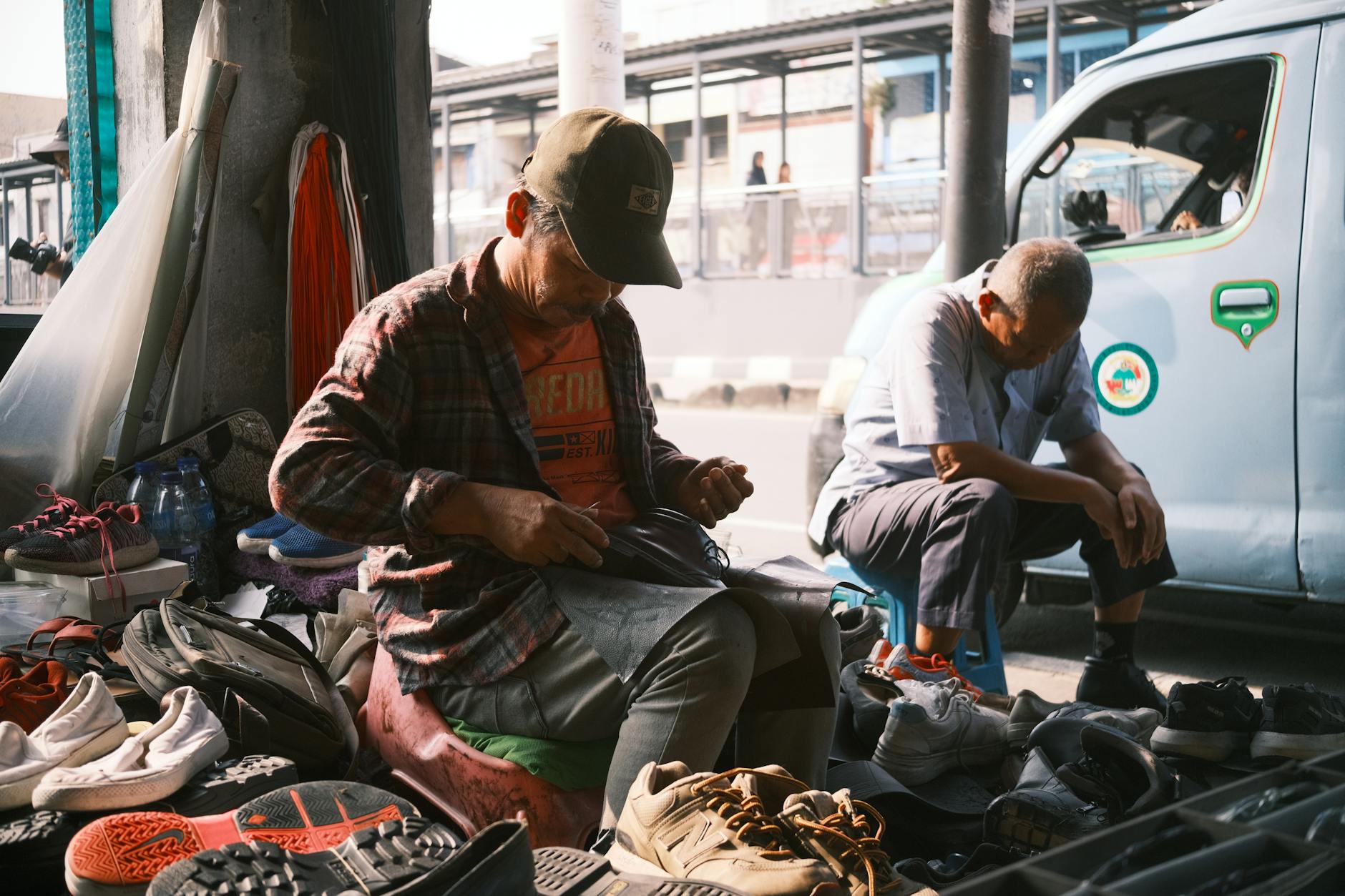Comprehensive cost of living analysis: rent, groceries, and transport for expats
Making the leap to a new country is a dream come true for many, but the excitement of exploring foreign lands can quickly be overshadowed by the financial complexities of living abroad. For expats, understanding the cost of living—including rent, groceries, and transportation—is crucial to ensuring a smooth and stable adjustment. Delving into these key areas will not only safeguard your wallet but also pave the way for a life of comfort in your new home.

Rent: Finding Your Perfect Abode
Whether you’re moving alone or with your family, rent is likely your most significant new expense. Understanding the rental landscape is key to finding a home that meets both your needs and your budget.
-
City vs. Suburb Dilemma: The cost of renting in major cities is typically higher due to demand and population density. To save on rent, consider suburban areas. For instance, while a one-bedroom apartment in New York might average $3,000 a month, you might find substantial savings by commuting from nearby towns.
-
Tips for Negotiating Rent: Always research comparable properties in the area. When possible, negotiate a longer lease for potential discounts.
-
Hidden Costs: Don’t forget about security deposits, agent fees, and potential maintenance fees. These can add up quickly.
Groceries: Stocking the Shelves Without Breaking the Bank
Groceries are another significant component of your living expenses. The price of basic goods can vary widely depending on your location, lifestyle, and preferences.
-
Local Markets vs. Supermarkets: Local markets offer fresh, affordable goods and are an economically wise choice. Organic products tend to be costly, with prices approximately 20% higher in places like Japan.
-
Shopping Strategies: Opt for buying in bulk to reduce costs. Store-brand items often deliver the same quality as name brands but at a fraction of the price.
-
Cost-saving Techniques: Leverage apps and loyalty programs to receive discounts, or kickstart a meal-planning habit to stay within budget.
Transport: Navigating Your New Neighborhood
Transportation costs can eat into your budget if not managed wisely. With transportation networks varying greatly from one country to another, understanding your options is critical.
-
Public Transport Networks: In cities like Berlin, a monthly transit pass costs around €80, a cost-effective solution compared to driving.
-
Cycling as an Alternative: For the environmentally conscious expat, cycling can be cost-efficient and healthy.
-
Car Ownership Costs: When considering buying or renting a car abroad, factor in registration fees and insurance costs in your budget.
Addressing Expats’ FAQs Around Living Costs
-
How much should I budget for as an expat?
This depends heavily on location. For example, expats in Singapore might budget more for housing and food, while Colombia offers more affordable options. -
Are there practical budgeting tools for expats?
Absolutely. Apps like YouNeedoBudget or GoodBudget can help you track and manage expenses seamlessly. -
How can I minimize living expenses abroad?
Take advantage of public transport, source groceries from local markets, and consider sharing accommodation or utilities with others.
Crafting Your Cost-Effective Expat Experience
Embarking on expat life is a fulfilling adventure but requires strategic financial planning. By understanding the nuances of rent, grocery expenses, and transportation costs, you can better allocate your budget and focus on building rich experiences. The balance between savvy spending and embracing new adventures will ensure you thrive abroad. Remember, every dollar saved enables yet another unforgettable experience in your new homeland.
Get ready to redefine living abroad—both affordably and adventurously. Embrace expat life with confidence and financial wisdom.















